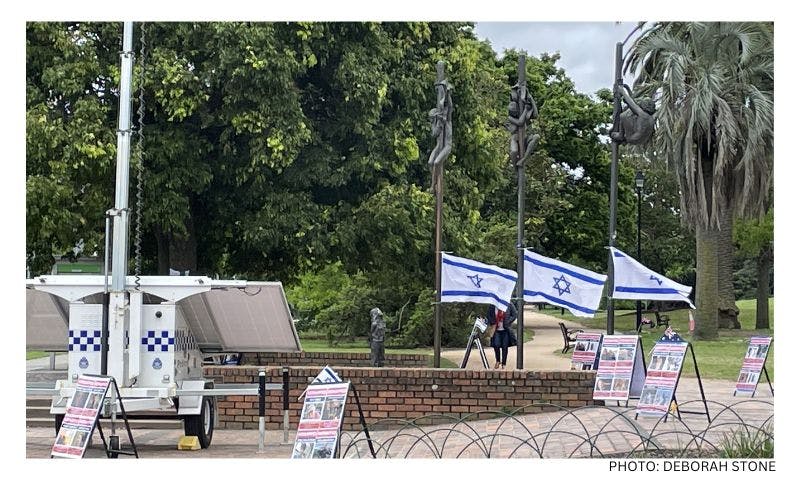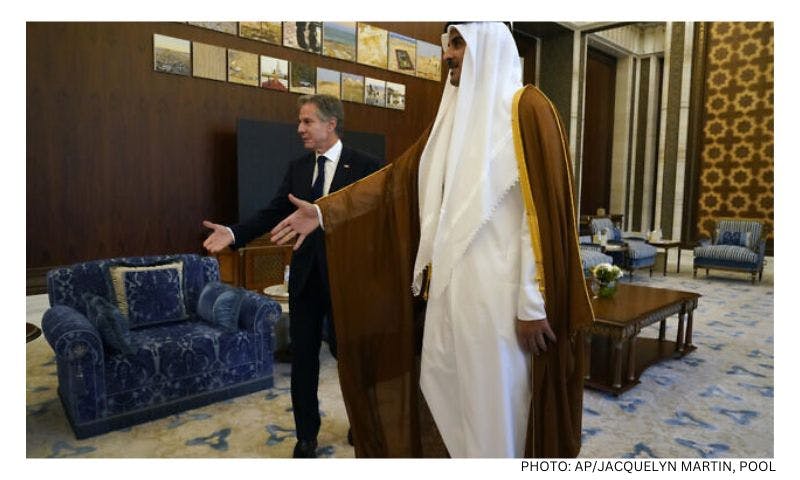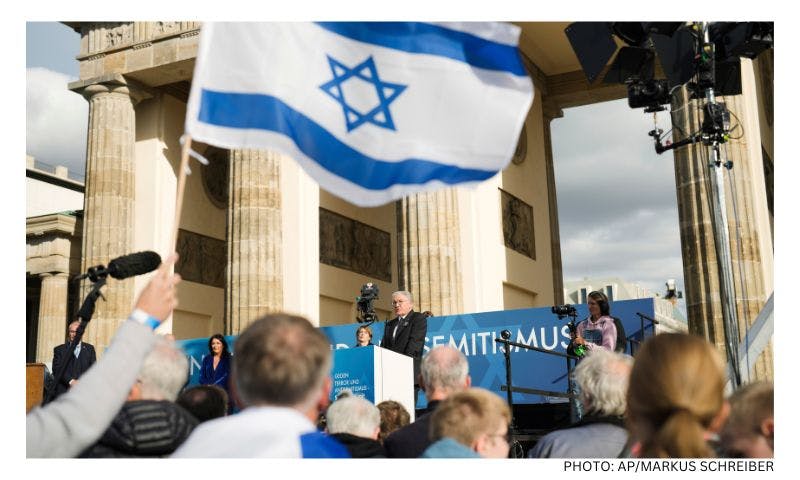Published: 23 August 2016
Last updated: 4 March 2024
Statistical Highlights
• Small majorities of Palestinians (51%) and Israelis (58.5%) support the two-state solution.
• Support for a permanent agreement package, one based on previous rounds of negotiations, is much lower than the support for the two-state solution. Only 39% of Palestinians and 46% of Israelis support a peace agreement package that comprises: a de-militarized Palestinian state, an Israeli withdrawal to the Green Line with equal territorial exchange, a family unification in Israel of 100,000 Palestinian refugees, West Jerusalem as the capital of Israel and East Jerusalem as the capital of Palestine, the Jewish Quarter and the Western Wall under Israeli sovereignty and the Muslim and Christian quarters and the al Haram al Sharif/Temple Mount under Palestinian sovereignty, and the end of the conflict and claims. In general, support for all parameters of a permanent peace deal is highest among Israeli Arabs. However, as their demographic share of the entire Israeli adult population is only around 16%, their contribution to the pro-peace bloc in Israel is limited.
• A quarter of Israelis and Palestinians who oppose the permanent agreement package are willing to reconsider their opposition to the peace deal if it was accompanied by a peace agreement with all Arab states according to the Arab Initiative's principles (for the Israeli public), and an Israeli acceptance of that initiative (for the Palestinian public).
• In selecting between bilateral, multilateral, and unilateral approaches to peacemaking, Palestinians prefer the multilateral (44%) while the Israelis prefer the bilateral (40%). Of various multilateral forums, an Arab forum, in which Saudi Arabia, Egypt and Jordan participate, is the least rejected by the two sides. All other multilateral forums – an American-led, an EU-led, or an UN-led forum – are acceptable to one side while unacceptable to the other.
• A quarter of Israelis and 35% of Palestinians support a one-state solution.
• Large majorities of Israelis and Palestinians estimate as low the chances that an independent Palestinian state will be established in the next five years.
• A majority (68%) of Palestinians admire Israeli democracy, while only 10% of the Israelis see Palestinian democracy positively.
• A majority (62%) of Palestinians blame the collapse of peace negotiations on Israelis. A somewhat smaller majority (52%) of Israelis blame the Palestinians for this collapse. However, significant minorities (on both sides 43%) believe that the majority on the other side wants peace.
• Findings show significant Palestinian-Israeli mutual misperception and that this mutual misperception is positively correlated with hardline views. In contrast, clarity/accurate perception about the views on the other side is positively correlated with greater willingness to compromise.
See full Executive Summary here
And see: Incentives could boost slim support for two-state deal, poll finds – Dov Lieber – The Times of Israel 22.08.16
The poll sought to determine what incentives could convert Israelis and Palestinians from opposing to supporting a peace deal. Among the possible incentives proposed, only a regional peace deal brokered by Arab states could flip enough of Israeli and Palestinian opposers into supporters so a majority would back a package peace deal.





Comments
No comments on this article yet. Be the first to add your thoughts.